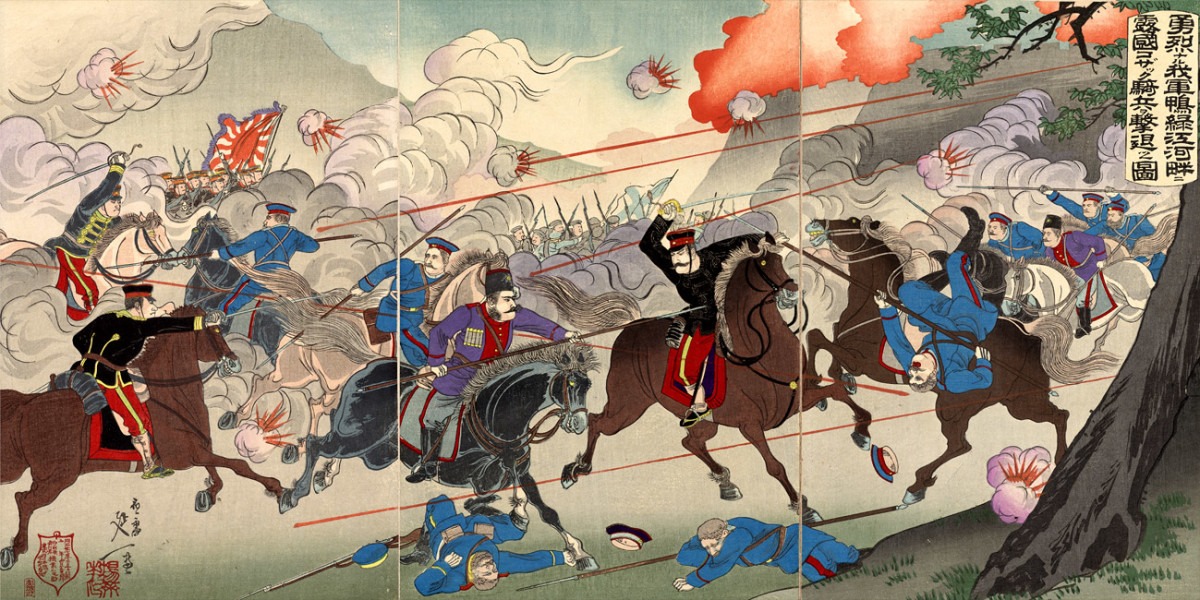Waler History Articles

© Janet Lane. Image: Russo-Japanese war 1904-05. Library of Congress.
Janet Lane’s blogs will be published as e-books in due course: fascinating reading about our early horse trading history, so little known about today but such a significant trade for us.
Horse Trade to Japan: Japan has a great horse culture, thousands of years old. From 1895 to 1939 the horse trade from Australia to Japan was a flourishing business. Walers, the Australian horses, were famed for their endurance and were bred by the thousands for the huge trade to India for the British armies. Bred on vast open ranges that created hardiness and survival traits, there were decades of sales for largely war use
Horse Trade to the Dutch East Indies: The Dutch East Indies is now Indonesia. It was the Dutch East Indies in our horse trade days. Holland is but a few hundred years old; the Indies a few million. A lot of horse magic is woven into your culture and very being when you’ve kept horses that long. Each island has its horse types. They ride like gods. Magic is practised on many islands. After Indonesia got its independence, they too bought horses from us.
Horse Trade to Siam (Thailand): Siam bought Walers from 1882 until the 1960’s – a good trade, including even after WW2. Siam historically used elephants as prime movers but in the era from the late C19th horses became increasingly important. Roads and streets were built to suit carriages. Cavalry, polo, riding thrived; to this day Thailand has a marvellous Horse Guard and top equestrians
Horse Trade to Abyssinia (Ethiopia): Haile Selassie bought Walers in the early 1930’s and late 1940’s, a good market at the end of the trade for us, however Walers also went there in other ways. Not a huge market like India but of great interest. What a beautiful ancient land – the Blue Nile, Rift Valley, mountains, rolling plains, highland farms – and an ancient horse culture. Ethiopia is the home of the coffee bean, good coffee is an Ethiopian way of life.
The Horse Traders: Australian horse traders chiefly sold horses to India – where the Waler got its name, shortened from “New South Waler” – a horse from Australia. We sent horses as an export commodity early – in 1817 the Fame took 25 horses to Batavia and the Lynx took 3 horses following a late 1816 ad wanting a matched pair of bay, brown or black geldings 14.2hh for carriage and a brown riding gelding.